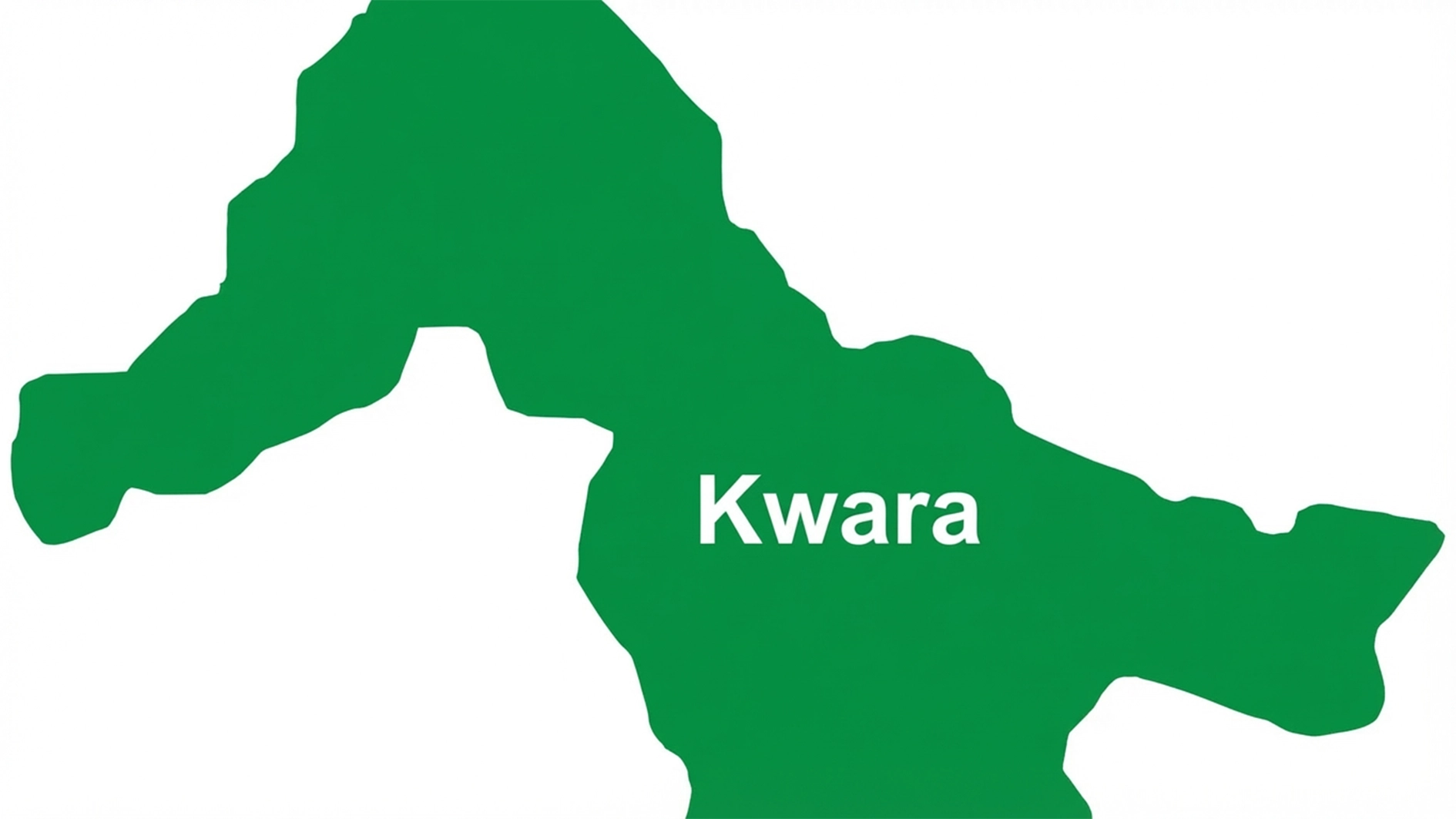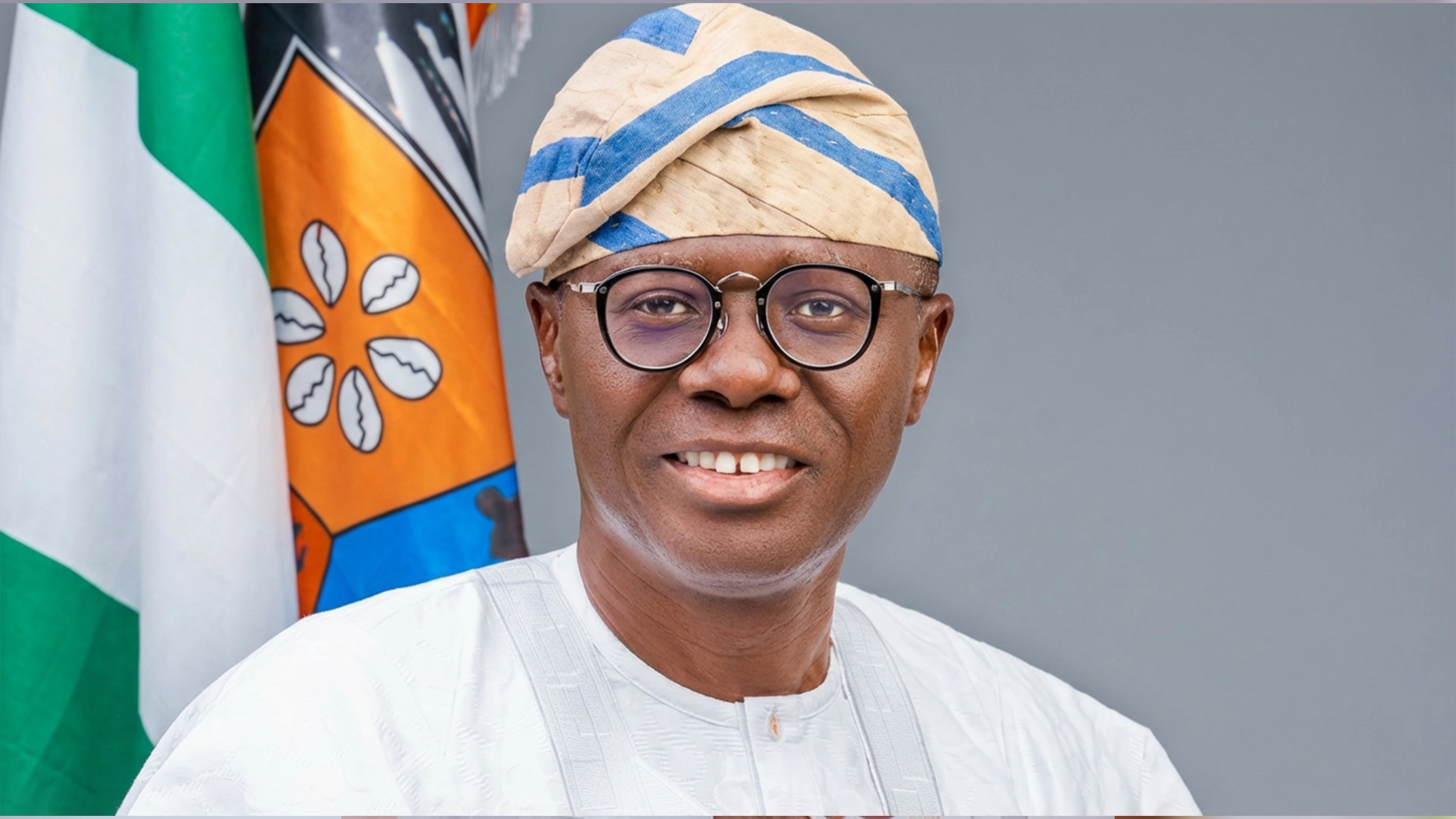The protection of minors and striking a balance between national security and human rights were key issues as stakeholders discussed the Digital Rights and Freedom Bill (DRFB) pending before the National Assembly in Lagos.
They spoke at a two- day Legislative Retreat on Digital Rights and Digital Legislation organised by Avocats Sans Frontières France (ASF France) in collaboration with Paradigm Initiative (PIN) and the Centre for Information Technology and Development (CITAD) under the theme: “Strengthening Nigeria’s Digital Future through Rights-Based Legislation.”
The bill, which has passed its first reading, focuses on freedom of expression and access to information, personality rights and anonymity data protection and privacy, cyber security, online safety and Al governance.
Jessica Odudu, a spokesperson from the Embassy of the Kingdom of the Netherlands, one of the funders of the engagement, emphasised the importance of this moment, stating: “Protecting digital rights is essential to enhancing democratic values and public trust.
While there has been a lot of focus on the digital economy, the economy cannot thrive without respected rights. We are proud to support this process, which brings legislators and civil society together to build a rights-respecting digital future for Nigeria.”
Through expert-led sessions, comparative legal analysis, and strategy discussions, the participants explored approaches for reintroducing and strengthening the DRFB, addressing the gaps in existing laws such as the Cybercrimes Act, the Data Protection Act, and emerging regulations on artificial intelligence and online harms.
Leading the discussion at the event held in Radisson Blu Hotel, Ikeja, Lagos, Angela Uzoma-Iwuchukwu, Country Director of ASF France, Nigeria, said the event aimed to strengthen digital rights laws in Nigeria to ensure they are forward-looking and rights-respecting.
She noted that the idea is to ensure that as technology evolves, human rights protection for Nigerians and all users of technology also evolves to cater to emerging technologies.
She stressed that the organisers, and civil society groups are working hard to ensure that technology is used as a tool to promote human rights rather than restrict them.
“As we have seen issues around freedom of expression, for example, online also need to be protected.
“When we talk about digital rights, we are referring to respect for traditional human rights offline, but now in the digital landscape.
All innovations around artificial intelligence need to respect human rights and be applied in a non-discriminatory manner to ensure that no groups are excluded,” she said.
Uzoma-Iwuchukwu emphasised the need to ensure that all human rights are conveyed using digital platforms that people are able to express themselves freely online, and that legitimate speech online is not unreasonably censored or restricted.
“We are happy to work with legislators, particularly from the Senate Committee on ICT and Cyber crimes, and also from the House of Reps Committee on ICT. We had a two-day robust legislative retreat to ensure that all of this is encompassing and that Nigerians can be proud of legislation that respects their rights and is forward-looking to keep up with the rapidly evolving technological landscape,” she added.
She called on members of the National Assembly to provide hubs and other conducive environments to attract young people, particularly females to the ICT sector.
According to her, national legislators are encouraged to take this as their pet project back to their constituencies to empower young people, particularly women, to be involved in the ICT field and governance, not just as consumers but as innovators contributing to regulation and governance at various levels.
“Beyond the Digital Rights and Freedom Bill, we are also discussing the Artificial Intelligence Bill, which is crucial. Nigeria has an Artificial Intelligence Strategy, but the strategy is not the same as the legislation of the National Assembly.
“We are also harmonising the AI bills before the National Assembly, and making recommendations for the passage of this Artificial Intelligence Bill to assure Nigerians that their lawmakers are up to date with issues and ready to protect them,” she added.
Speaking, Chairman of the Senate Committee on ICT and Cyber security, Senator Shuaib Afolabi Salisu, representing Ogun Central, stressed the need to bridge the gap from an analog to a digital environment as the society has transitioned digitally.
He noted that while human rights are well-defined offline, similar rights need to be observed in the digital realm.
The Senator said the retreat aims to build the capacity of legislators to understand the issues surrounding citizens’ rights offline, similar to the provisions for offline human rights in statute books.
He emphasised the importance of balancing national security and citizens’, rights, mentioning recent legislative efforts in the National Digital Crime and E-Governance Bill and the current efforts on digital rights.
He also called for the protection of minors in the digital space, highlighting the risks associated with uncontrolled access to technology and the potential
harm it poses to children.
The retreat focused on regulations to ensure age verification for certain online services and time limits for online activities to protect minors from harmful content and excessive social media use.
His counterpart in the House of Representatives, Stanley Adedeji, mentioned the need to strike a balance between digital rights and national security, particularly in addressing human rights violations in the context of artificial intelligence and blockchain technology.
He said the committee aims to address data protection, human rights violations and the responsible use of technology tools through legislative measures.
Executive Director of Paradigm Initiatives, Gbenga Sesan, emphasised the importance of the bill for
Nigeria’s digital economy, highlighting the need for trust and respect for citizens’rights as core pillars of economic growth.
He stressed the importance of digital rights and freedom laws that protect citizens’ rights offline and extend human rights to the digital environment.
Dr Ifeanyi Nwankwo, Consultant on European Law, Corcom IT Law Consulting and lecturer at Leibniz University, Hannover, Germany, highlighted the importance of anchoring digital laws on principles for effective regulation.
He emphasised the need for regulations that are not overly restrictive but rather encourage foreign investors to comply with ethical standards.
European Union Presenters, Mr Heikkilä Juha, Adviser for International Aspects of Artificial Intelligence and Julian Ringhof, Policy Officer for Global Aspects of Digital Services, spoke on global best practices on AI and digital services.
The retreat sought to bring stakeholders together to discuss the new draft of the bill and reach an agreement on key issues before presenting to the National Assembly.
On his own part, Edetaen Ojo, the Executive Director of the Media Rights Agenda, noted that we already have quite a number of laws dealing with online issues, digital issues, and so on.
“But when you look at most of these laws, they are really criminal laws prohibiting different conducts and behaviours and creating punishments for them. We don’t really have any framework that protects rights online,” he said.
He stressed that the bill intended to protect human rights in the online environment in a manner that is consistent with the human rights provisions of the Constitution, as well as various regional and international instruments that might arise in particular.
The outcomes of the retreat will form the basis for renewed advocacy, legislative drafting, and parliamentary strategy aimed at reintroducing and advancing the Digital Rights and Freedoms Bill and other digital governance instruments.






